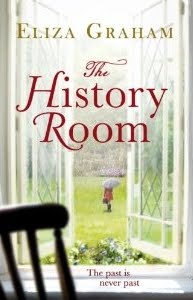
How we write - it's a fascinating subject. And one about which nobody is entirely honest, I think, for fear of making ourselves look luckier than we actually are. Because it all boils down to luck, doesn't it, that final pattern on the page that makes some meaningful? For all the planning, foresight, timelines and character sheets, we still have to start writing at some point and then stop again. The more I write, the more I realise how much I'm at the whim of my subconscious. Why does this scene work better than that one? Dunno. Just got lucky, I guess.
But, apart from blind faith and the occasional cold sweat at night, I do have some things that I do to try to make the words turn into a book. Yes, I do keep character sheets, filled with facts such as hair and eye colour, favourite item, past boyfriends or girlfriends, all the kind of stuff that shapes a person. I sum up where each scene is going to go before I start writing it, in the form of little notes in the margin of my A4 pad. I have key events in mind, the backbone of the story if you like, and I aim for those landmarks while keeping myself as open as possible to new ideas that spring from the writing.
Of more interest, perhaps, is where the inspiration from a novel comes from.
Three Things About Me came from a writing exercise. I spent a month writing opening paragraphs, one a day, just to see if I could get the hooks right. And at the end of the month I read them back and realised a few of them were okay, and there were characters I could work with. Then I wondered how those characters would work with each other, and that was how the first paragraphs of Three Things About Me came about.
Light Reading springs from my own life: well, actually, it started with the resolve to find out exactly what was happening in the strange retirement home in Allcombe (featured in Three Things About Me) and then became a journey for two women who represented parts of my own character, pretty much. Not that it's autobiographical, so much as that I felt comfortable in the world I was putting down on paper. It may look weird to everyone else, but to me, it's home.
So that's it. My daughter goes to creche three times a week, and I go to the local coffee shop, and I sit and write. Seven hours a week, without fail, barring school holidays (damn those schools for closing!). It's amazing how productive you can be when you know that's all the time you have.














